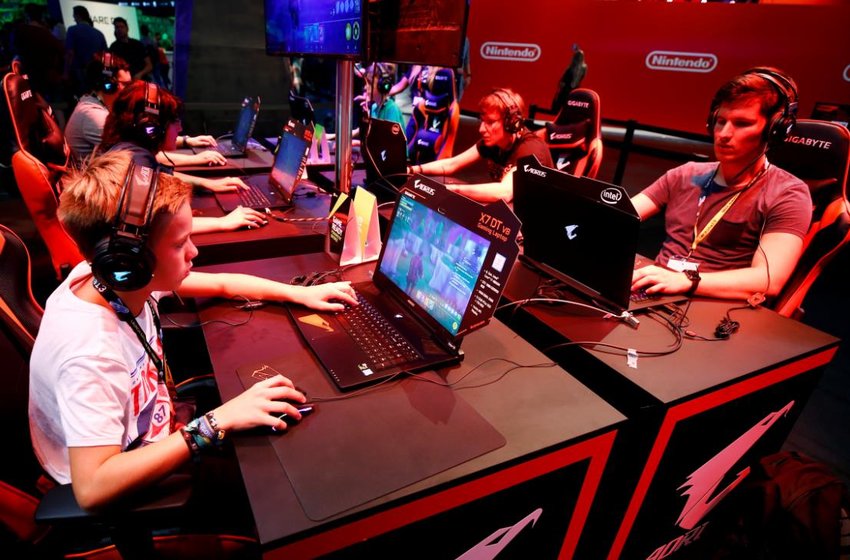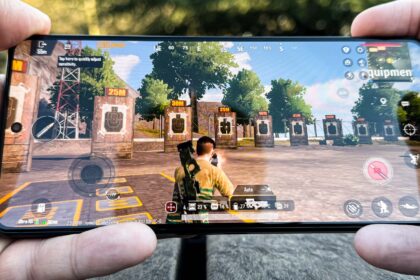Modern life has seen video gaming become an indispensable form of entertainment and leisure, growing from simple pixelated screens into immersive virtual worlds with technology advancement. While its appeal cannot be denied, video gamers have aroused growing curiosity regarding how interactive digital experiences affect brain activity – both positively and negatively. This article delves deep into this interrelationship by exploring both its positive and negative influences on players.
Neurological Dancing in Video Games: Engaging the Brain Through Games
Understanding Neuroplasticity
Video games possess the extraordinary capability of engaging various regions of the brain and leading to changes in neural connectivity, leading to altered neural connectivity patterns and ultimately altering cognition. Neuroplasticity plays a central role in how video games impact cognition; when players navigate virtual environments their brains adapt and form new neural pathways which increase spatial awareness, attention to detail, and problem-solving skills.
Enhancing Cognitive Functions
Studies indicate that playing video games may enhance cognitive functions such as memory, attention and multitasking. Action-oriented games in particular have been linked to increasing gray matter density in the hippocampus – an area associated with spatial navigation – while strategic ones stimulate prefrontal cortices that increase executive functions like planning and decision-making.
Negative Impacts of Excessive Gaming: Negative Implications
Addiction and Escapism
While moderate gaming may provide many health advantages, excessive gameplay may quickly turn into addiction or escapism. Video games’ immersive nature – particularly massive multiplayer online role-playing games [MMORPGs]) – provides an escape from real-life problems; excessive escapism may result in neglect of responsibilities, social isolation and adverse mental health impacts.
Effect on Sleep Patterns Screen-emitted blue light has the power to disrupt our natural circadian rhythm and consequently affect sleep patterns. Excessive gaming during late hours could contribute to insomnia or disrupted sleeping schedules; disrupted patterns are vitally important to cognitive functions like attention, memory and decision-making skills and disrupting them can have serious repercussions that result in decreased focus, memory issues and impaired decision making.
Balance Your Steps for Success Now
Moderation Is Key
To reap the full potential of video games while mitigating their negative side-effects, moderation is the key. Setting time limits and including gaming in an overall lifestyle that includes physical activity, social engagement and hobbies is crucial – this ensures your brain benefits without succumbing to gaming’s possible drawbacks.
Parental Guidance and Monitoring of Students
Parents play an essential role in providing guidance and monitoring of younger gamers. Parents can set appropriate time limits, select age-appropriate games, and promote balanced living habits through open discussion of possible risks from excessive gaming. Opening communication lines also create awareness around potential impacts while helping foster healthier gaming practices u9play.
Future of Gaming and Brain Health Research Collaboration
Virtual and Augmented Reality (VR/AR) offer immersive environments in which to engage.
As technology develops, gaming experiences have changed with the arrival of virtual and augmented reality (VR/AR). These immersive technologies may further stimulate brain activity through immersive and engaging experiences – potentially having profound implications on long-term brain function as they provide realistic yet engaging environments to experience. While their long-term effects remain to be studied, combined VR/AR may offer therapeutic applications, including treating phobias or posttraumatic stress disorder (PTSD).
Neurofeedback and Brain-Computer Interfaces
Researchers are investigating how neurofeedback and brain-computer interface technologies can be integrated into gaming to facilitate real-time brain interaction between player and game; providing immediate real-time feedback. Such innovative technology could potentially enhance cognitive training as well as treat neurological conditions; however, ethical considerations must also be carefully researched prior to their creation or deployment.
Conclusion
Video gaming’s effect on brain health is complex and multidimensional, featuring both positive and negative aspects. Understanding its neuroplasticity gives valuable insights, while moderation is key in reaping all its potential without succumbing to potential risks. Technology like VR/AR/NFB and brain-computer interfaces present new avenues for future research regarding gaming’s relationship to mental wellbeing – however balanced approaches must always be adopted when exploring this dynamic relationship – taking an informed stance will maximize video game’s full potential while safeguarding our minds against harm












